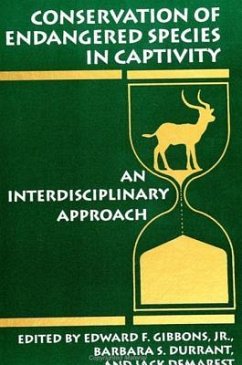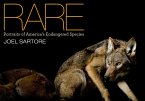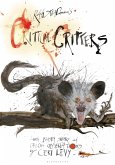This multi-disciplinary approach to conservation of endangered species in captivity is organized taxonomically and by scientific discipline. The seven taxonomic groups included are invertebrates; fish, reptiles and amphibians, birds, marine mammals, primates, and other mammals. Within each taxonomic group, four scientific disciplines are explored: conservation, reproductive physiology, behavior, and captive design. Conservation chapters summarize the status of the taxonomic group both in the wild and in captivity. Reviewed in the reproductive physiology chapters are anatomy, endocrinology and physiology for females and males of the taxonomic group. In the section on behavior the functions of captive animal research, the methods used, and the problems encountered are discussed. And, in examining captive design the authors provide a general historical outline of the philosophies, trends, and scientific issues for the targeted taxonomic group.
Hinweis: Dieser Artikel kann nur an eine deutsche Lieferadresse ausgeliefert werden.
Hinweis: Dieser Artikel kann nur an eine deutsche Lieferadresse ausgeliefert werden.








